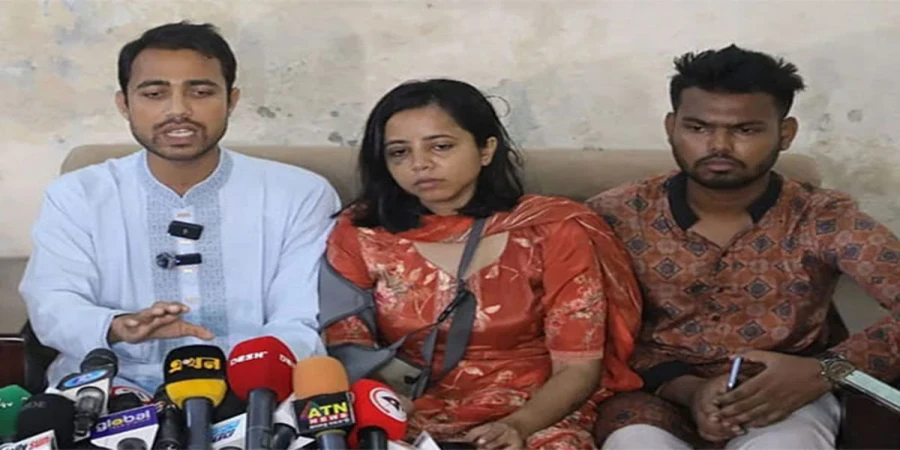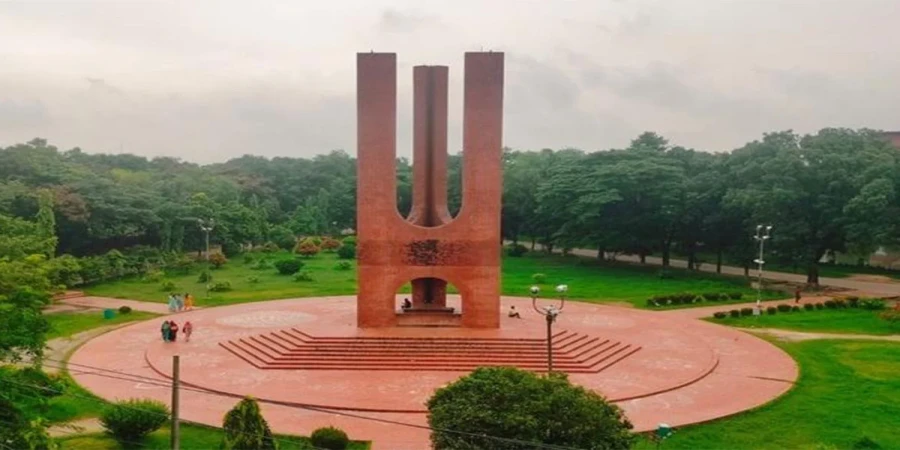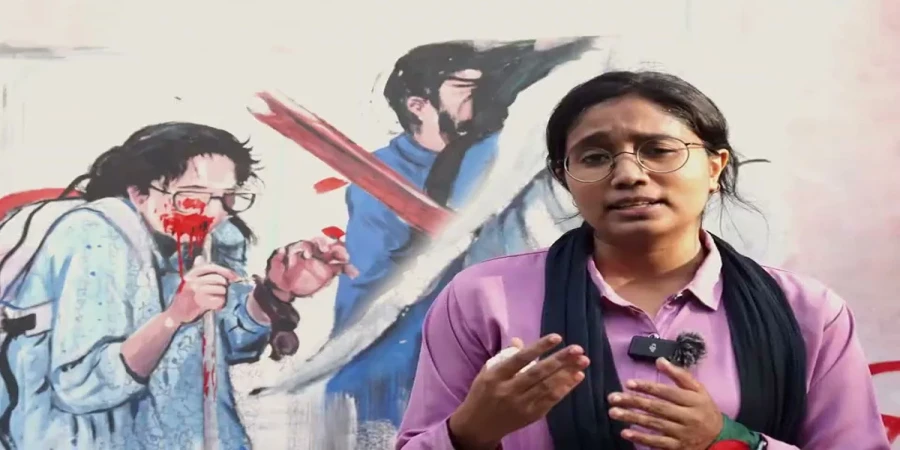
ছবি: -Collected Photo
The final results of the Dhaka University Central Students’ Union (DUCSU) elections have been declared, confirming sweeping victories for candidates backed by Islami Chhatra Shibir in the top three positions. Announced on Wednesday morning from the university’s Senate Building, the outcome solidifies the dominance of Shibir-supported contenders in this year’s highly anticipated student polls.
According to the official declaration, the Vice President (VP) post was secured by Md. Abu Sadiq, widely known as Sadiq Qayem, who garnered 14,042 votes. His closest rival, Abidul Islam Khan of the Bangladesh Jatiotabadi Chhatra Dal (BNP’s student wing), received 5,708 votes. Independent candidate Umama Fatema polled 3,389, while fellow independent Shamim Hossain managed 3,884 votes. The large margin underscored the scale of Sadiq’s victory, marking a decisive moment in the election.
In the race for the General Secretary (GS) post, Shibir leader S.M. Forhad clinched the win with 10,794 votes. His nearest competitor, Chhatra Dal candidate Tanvir Bari Hamim, earned 5,283 votes. Meghmallar Basu, contesting under the banner of the “Resistance Council” and viewed as one of the few strong leftist challengers, secured 4,949 votes but fell short of upsetting the two dominant camps. The results reinforced the narrative of a polarized election, yet highlighted the persistence of independent and left-leaning voices despite overwhelming odds.
Meanwhile, the Assistant General Secretary (AGS) position was taken by another Shibir-backed candidate, Md. Mohiuddin Khan, who achieved 11,772 votes. His main rival, Tanvir Al Hadi Mayed from Chhatra Dal, managed 5,064 votes. Ashrefa Khatun, representing the Discrimination-Resistant Students’ Union, trailed significantly with just 900 votes, reflecting the challenges faced by smaller and issue-driven groups in breaking through the stronghold of larger organizations.
This election cycle has drawn significant attention not only for the dominance of Shibir-backed candidates but also for the shifting dynamics of student politics at Dhaka University. The results signal both the resilience of traditional ideological blocs and the uphill battle faced by emerging coalitions and independents. The landslide victories in the top three offices demonstrate the electoral strength of Shibir’s organizational machinery, while the votes gained by challengers such as Meghmallar Basu and independent contenders illustrate the continued appetite among segments of students for alternatives to mainstream political fronts.
The DUCSU election has historically been viewed as a microcosm of Bangladesh’s wider political landscape, reflecting national tensions, alliances, and ideological struggles. This year’s outcome is expected to spark debates not only within the university community but also in broader political circles, given the implications of Shibir’s commanding presence in the country’s most prestigious higher-education institution.
Observers suggest that while Shibir’s success reasserts its influence on campus politics, the support garnered by independent candidates such as Umama Fatema and Shamim Hossain indicates that students are also searching for diverse voices beyond the traditional partisan divide. Similarly, the performance of leftist and progressive candidates, though limited in numbers, signals that resistance politics has not been entirely erased from the university’s corridors.
As the dust settles on the election, questions loom about how this newly elected DUCSU leadership will shape the discourse of student activism and representation in the coming years. With Shibir-backed leaders now holding the top three positions, expectations are high that the direction of the union will be markedly different from previous terms, potentially influencing both academic and political climates within the university.
repoter





